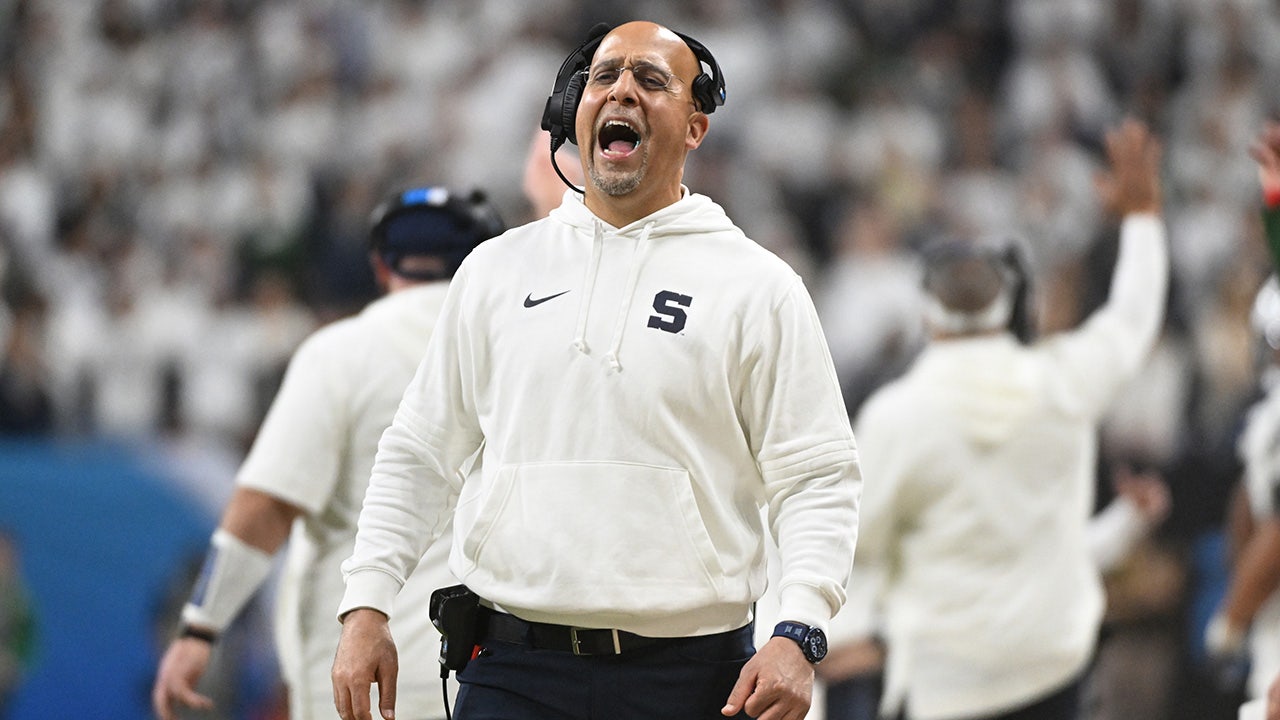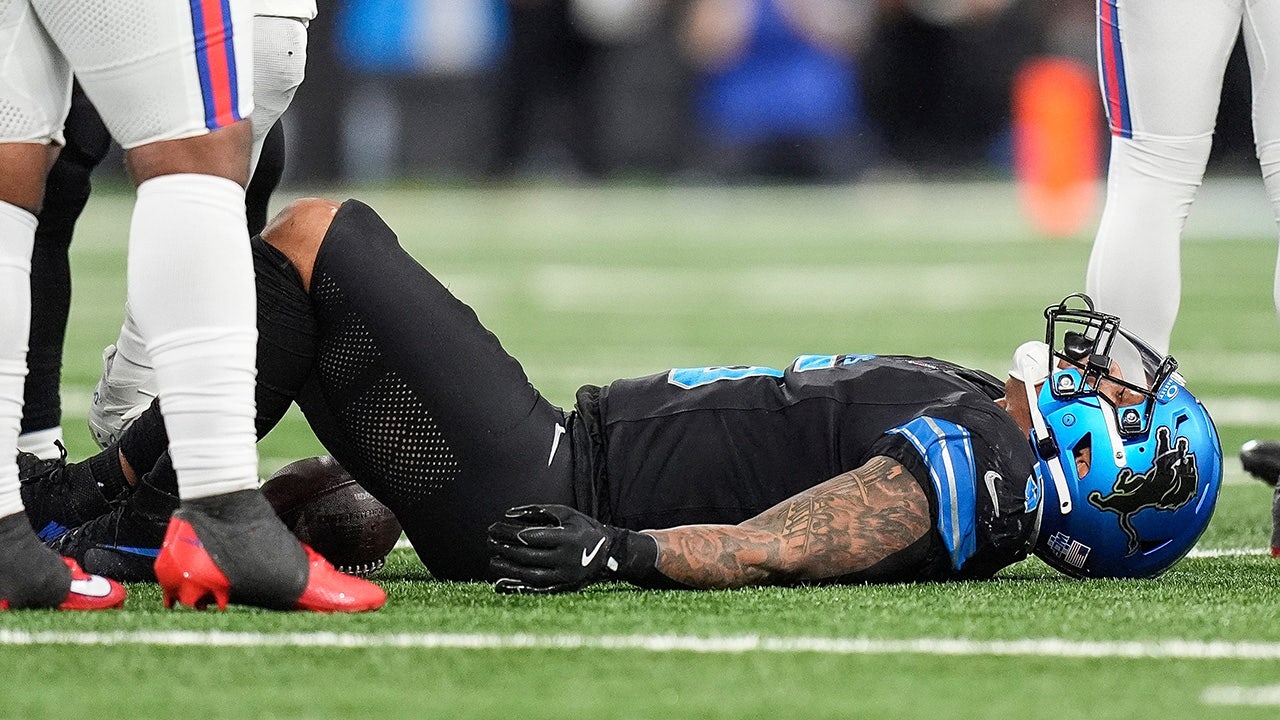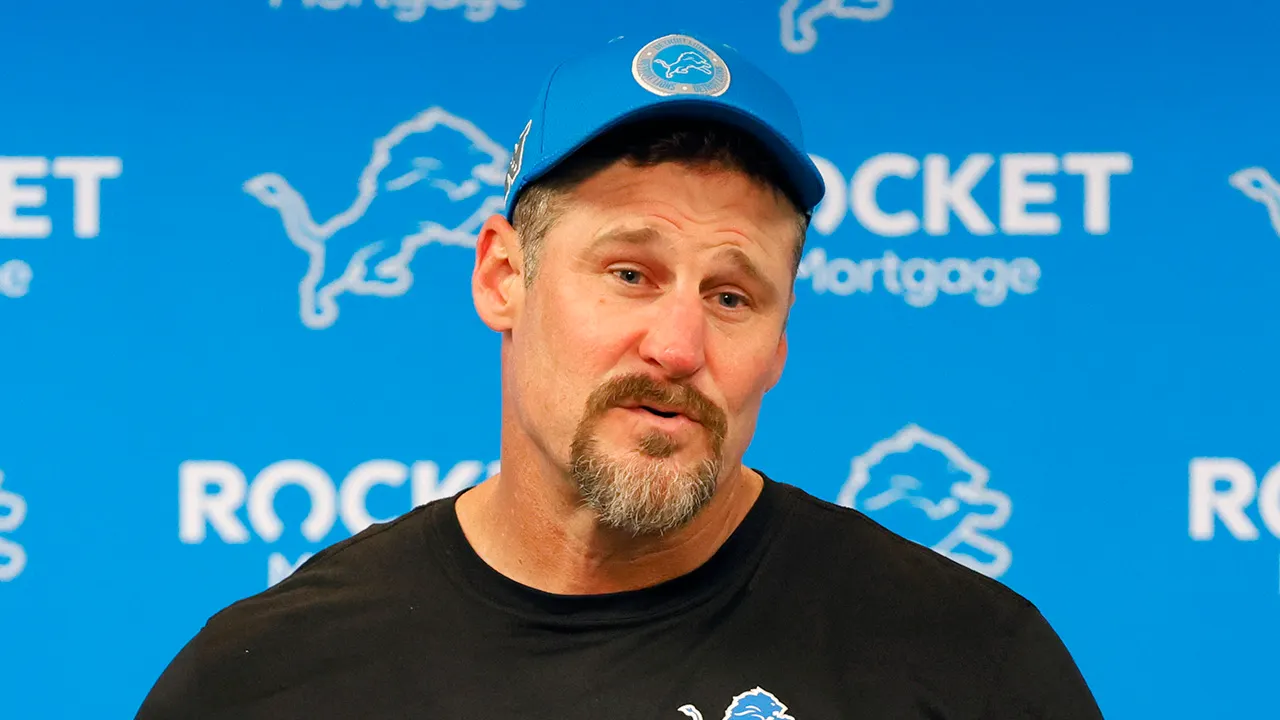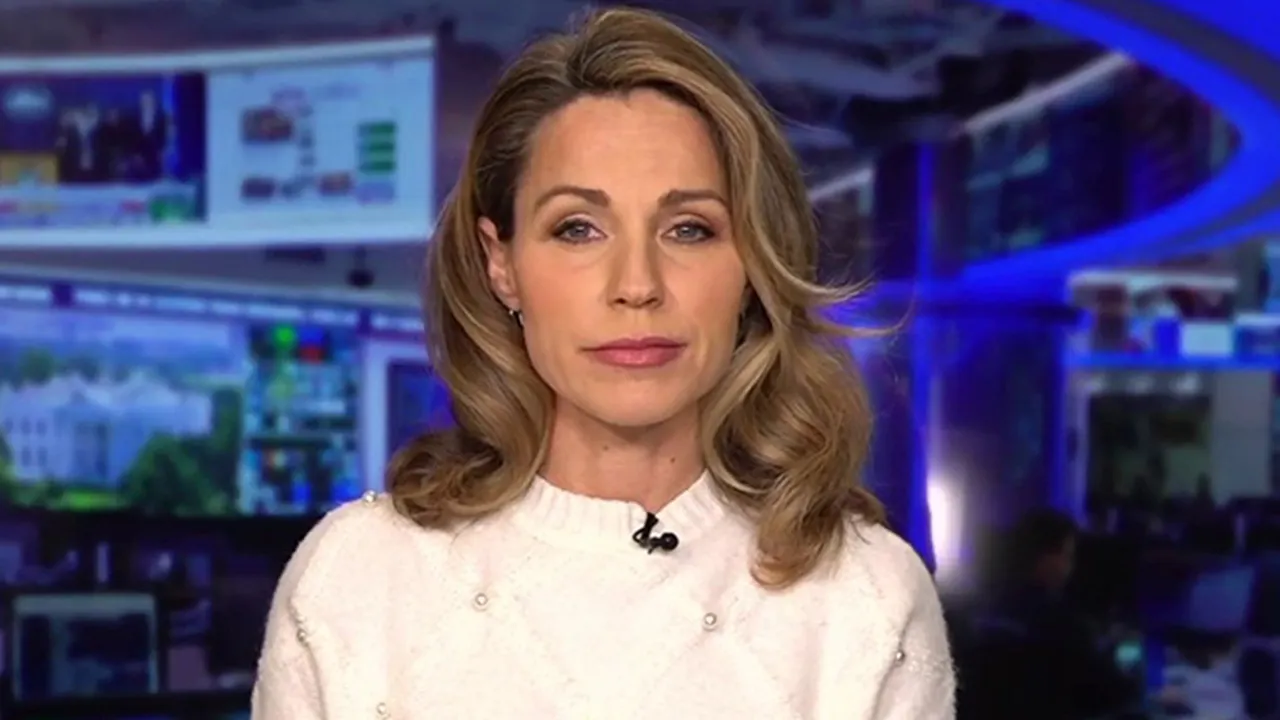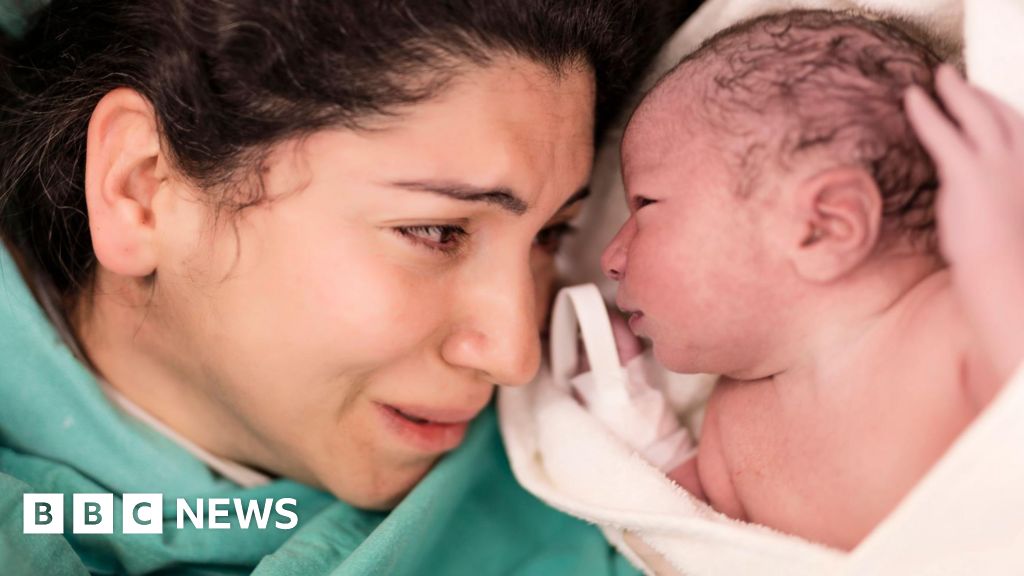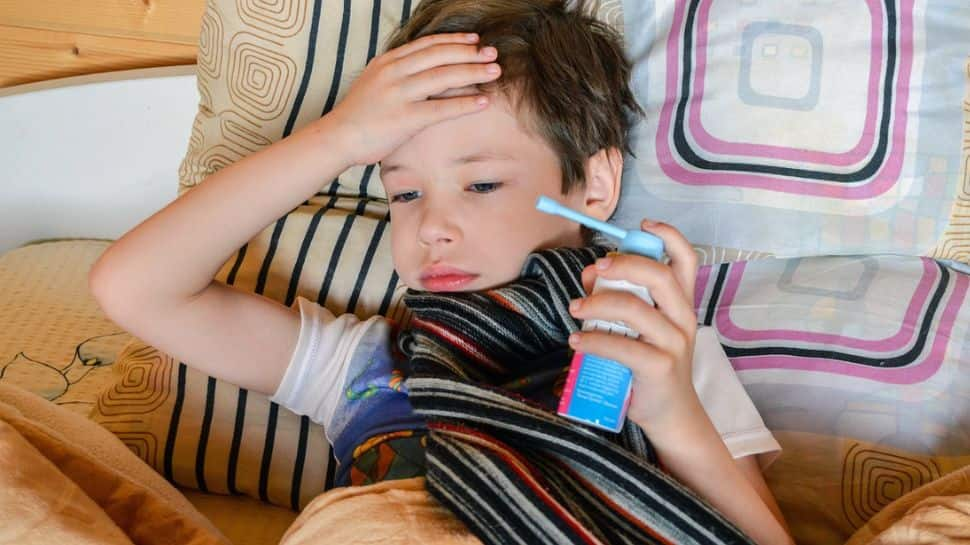According to the World Health Organization (WHO), asthma is a chronic lung disease affecting people of all ages. It is caused by inflammation and muscle tightening around the airways, which makes it harder to breathe. A recent study pointed out that bronchial asthma seems to have gone up steadily since the 1970s, and it now affects an estimated 4 to 7 per cent of the global population. In India, around 3.3 per cent of kids are affected by childhood Bronchial Asthma. The numbers worldwide in fact can be higher because as the WHO points out, asthma is often under-diagnosed and under-treated, particularly in low- and middle-income countries. Dr Asmita Mahajan, Consultant Neonatologist & Pediatrician, SL Raheja Hospital, Mahim – A Fortis Associate, spoke to Zee News Digital about asthma in kids in India, the reasons, asthma management, and more.
Q. Has asthma in kids gone up in the past five years?
Dr Asmita Mahajan: Due to the rise in environmental pollution, especially air pollution, asthma cases in children have increased in the last five years. They are more common in urban areas with more pollution.
cre Trending Stories
Q. What are the symptoms of childhood asthma?
Dr Mahajan: Some common childhood asthma symptoms include:
• A wheezing sound when breathing out
• Shortness of breath, which may hamper play/even routine activity
• Chest congestion or tightness
• Frequent coughing. which worsens even more when the child has a viral respiratory infection, or when they exercise, or when they get exposed to cold air
Q. How does asthma in children vary from adults?
Dr Mahajan: Children may have trouble sleeping due to shortness of breath/coughing. Also, asthmatic children frequently face a delayed response from bronchitis/ respiratory infection. They may also face a lot of fatigue and exhaustion due to this chronic illness.
Q. Is it curable?
Dr Mahajan: Asthma is treatable, not curable. Some kids though may continue to have symptoms well into adulthood.
Q. What is the treatment for childhood asthma?
Dr Mahajan: Asthma is a disease that is caused due to hyperreactive airways that lead to inflammation in these airways. In most cases, treatment medicine tries to resolve this issue. Further, oral or inhaled bronchodilators, steroids, and anti-allergy medicines are some medicine options for asthma.
The Asthma treatment depends on the child’s age and the severity of the symptoms. The treatment method, whether it is spacer, inhaler, or nebulization, is best decided by the treating team depending on individual diagnosis and prognosis. Oral medicines can be needed as per illness severity.
Q. Does asthma medication have a long-term impact on health?
Dr Mahajan: Some side effects of asthma medications are:
• Local irritation in the mouth and throat
• Oral Candidiasis (thrush) is more frequent in adults than children but not at lower dosages. However, using a spacer device and rinsing the mouth with water after inhalation can prevent this side effect.
• Growth suppression and bone Osteoporosis may occur due to long-term oral steroids. But inhaled ones only cause a delay in growth, and the final adult height is not affected. This suggests that children’s development can ‘catch up’ even if he has asthma.
Diabetes Management In Kids: Causes, Challenges, Symptoms And Psychological Impact – What Expert Says
Q. Can kids with asthma take part in sports? What are some precautions to take?
Dr Mahajan: Kids can take part in sports in a controlled environment. Exercise can sometimes trigger an attack, so the environment must be kept clean. If the trigger is well controlled, a child can participate but with due instructions to a teacher for help if needed. More importantly, exercise keeps weight in check and helps to mitigate Asthma symptoms. Some activities that rarely cause symptoms to flare include volleyball, downhill skiing, softball, baseball, and Taekwondo. These activities do not require prolonged, rapid breathing. In some cases, gymnastics may sometimes exacerbate symptoms. Yoga is one of the best forms of exercise for asthmatic kids. After a detailed discussion with a doctor, physical activities must be included in the child’s routine.
Q. Any other relevant points that one must remember?
Dr Mahajan: Prevention of triggers is essential, so asthma patients must avoid triggers like dust, smoke, pigeon dander, construction site exposure, and pets. Treating viral illness quickly and reducing exposure to cold edibles and cold air, is equally important. Keep humidity at home at a minimum












